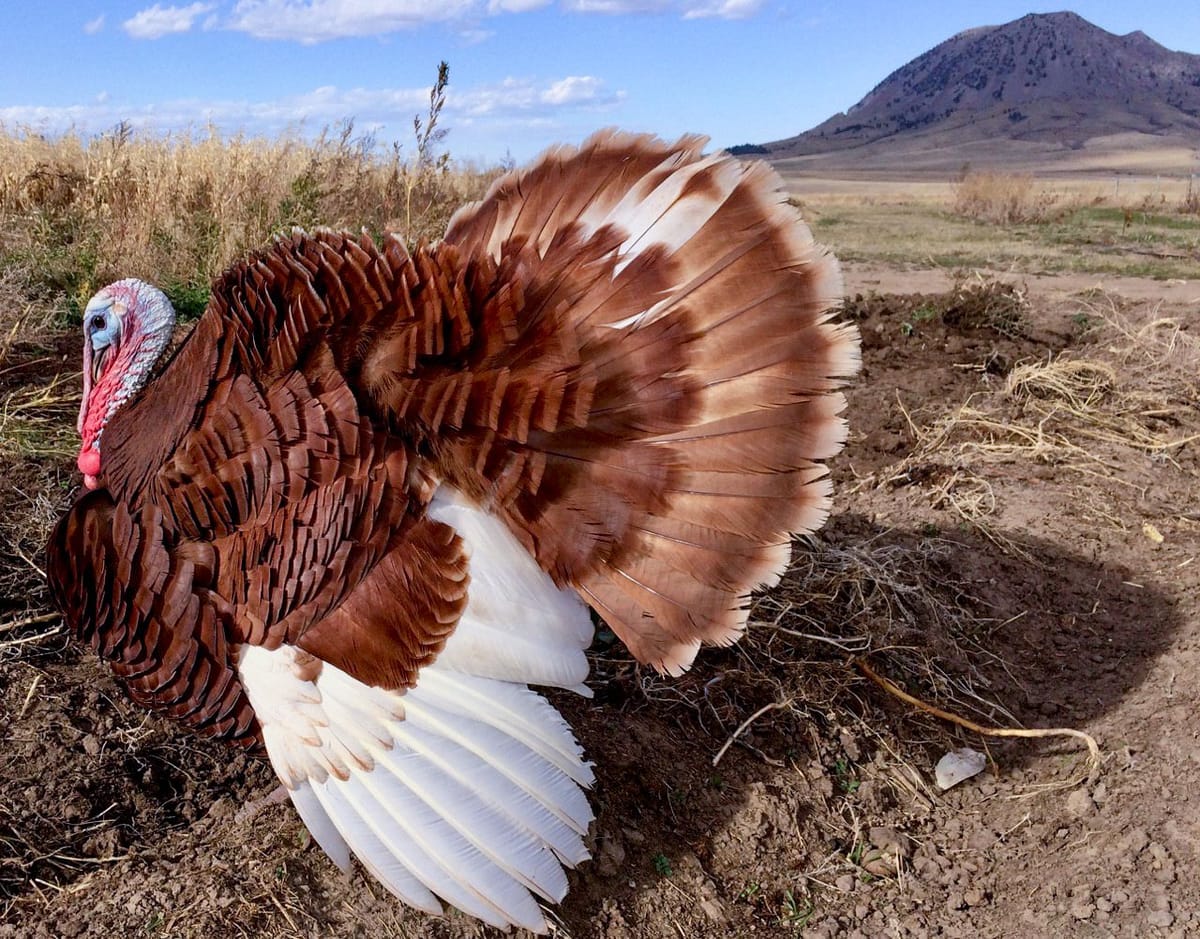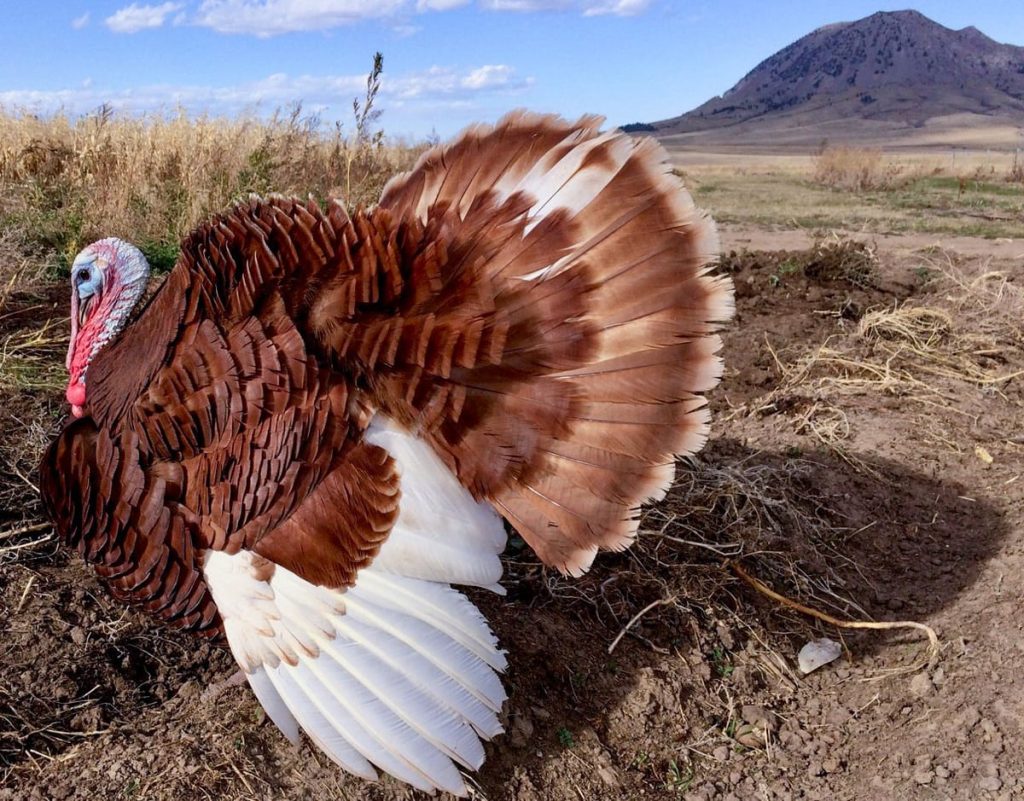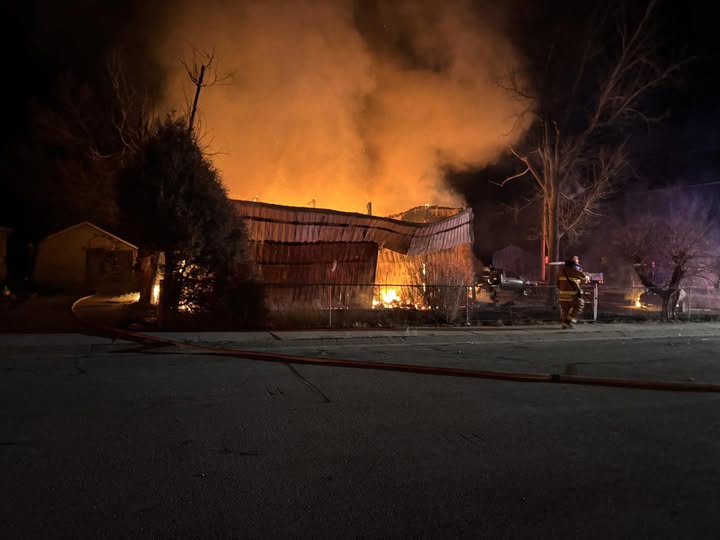UNDATED – During the COVID-19 pandemic, more people turned to organic foods to replace meats and vegetables they couldn’t find at local grocery stores. That trend spilled over into consumer interest in so-called “heritage turkeys” that are ancient breeds now being raised by a small number of South Dakota organic farmers.
Heritage turkeys are ancient breeds that were common in the early days of the United States but which dropped from consumer consciousness as producers turned toward the plump, big-breasted turkeys that are grown en masse and will appear on millions of American dining tables this Thanksgiving.
Even as the pandemic has waned, interest in the heritage breeds remains high, with more people wanting to buy locally raised free range birds that still make great table fare.
In the run-up to Thanksgiving 2023, Michelle Grosek of Bear Butte Gardens organic farm near Sturgis is butchering about 20 bourbon red heritage turkeys that run 10 to 17 pounds dressed and cost about $8 a pound.
Many of the ancient heritage turkey breeds almost went extinct in the late 1990s. But those colorful, playful and spritely bird breeds are on the rebound as a small group of niche farmers in South Dakota and beyond are once again breeding, raising and selling heritage turkeys as part of a growing farm-to-table agricultural movement.
However, the vast majority of the more than 200 million turkeys that Americans consume annually are the Broad-Breasted White turkey, a much larger bird with a bigger breast and less wild flavor. Most white turkeys are raised in huge barns where they don’t leave until it is time for harvest.
Farmers who raise heritage turkeys say they expect that demand for the turkeys will continue as more consumers turn to locally produced foods and so far have been willing to pay more for them.
For South Dakota News Watch, I’m Bart PFankuch.












